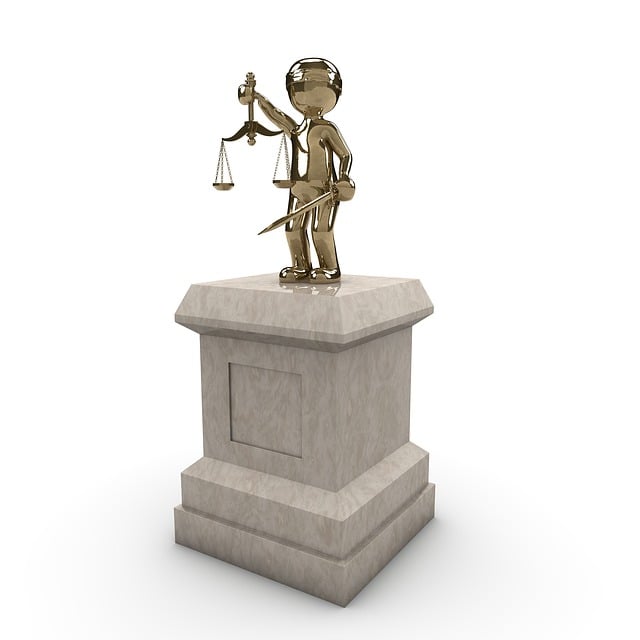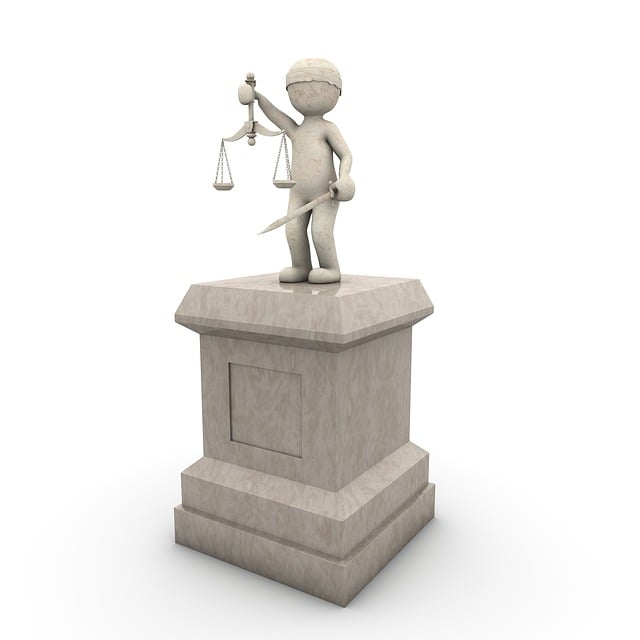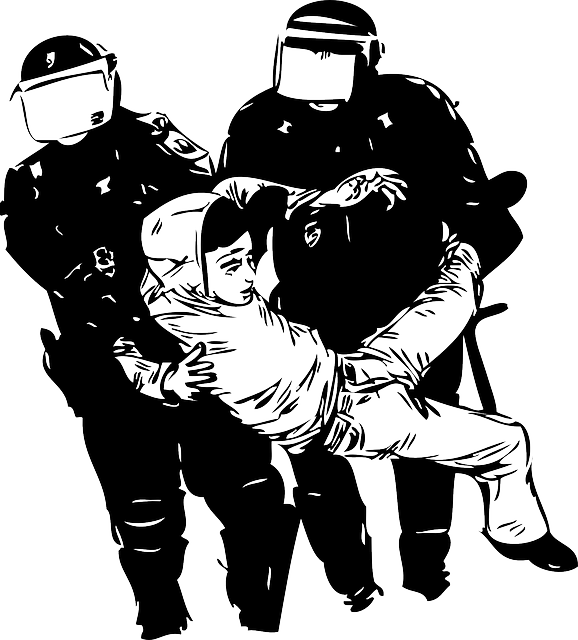Public corruption charges carry severe legal consequences, including fines, imprisonment, and reputation damage. Prior convictions significantly influence sentencing outcomes in white-collar crime cases, with courts using them as evidence of intent and ethical boundary disregard. For defendants facing public corruption charges, presenting mitigating factors and arguing for leniency based on previous convictions can lead to more favorable outcomes. Understanding how prior convictions affect sentencing is crucial for both corporate and individual clients, as it involves showcasing character rehabilitation and personal growth to balance justice with transformation.
“Public corruption charges carry severe legal implications, with prior convictions playing a pivotal role in shaping sentencing outcomes. Understanding these charges and their definitions is essential to navigating complex legal landscapes. This article delves into the impact of previous criminal records on corruption cases, exploring how they influence court decisions and enhance sentences. By examining real-world case studies, we uncover strategies for defendants facing these challenges, highlighting potential mitigants when prior convictions are involved.”
- Understanding Public Corruption Charges: Definitions and Legal Implications
- The Role of Prior Convictions in Corruption Cases: A Comprehensive Look
- Impact on Sentencing: How Prior Offenses Influence Court Decisions
- Case Studies: Real-World Examples of Sentence Enhancements Due to Prior Corruption Convictions
- Mitigating Factors and Strategies for Defendants Facing Public Corruption Charges with a History of Convictions
Understanding Public Corruption Charges: Definitions and Legal Implications
Public corruption charges are a serious matter, encompassing a range of illegal activities where public officials abuse their power for personal gain. This can include bribery, embezzlement, fraud, and various forms of misuse of public funds or resources. Understanding these charges is crucial in navigating the legal implications, especially as they relate to sentencing. The consequences of conviction can be severe, with penalties including fines, imprisonment, and damage to one’s reputation.
When assessing sentences, prior convictions play a significant role, particularly in cases involving white-collar crime. The impact of previous criminal records on sentencing outcomes is substantial, as the court considers an individual’s history when determining appropriate punishment. For his clients facing public corruption charges, a strong defense strategy often involves presenting mitigating factors and arguing for leniency based on any prior convictions, with the aim of achieving a more favorable outcome in jury trials.
The Role of Prior Convictions in Corruption Cases: A Comprehensive Look
In public corruption cases, prior convictions play a significant role in shaping sentencing outcomes. These previous criminal records can greatly influence the severity of punishments meted out to individuals or organizations accused of bribery, fraud, or abuse of power. Prosecutors often use prior convictions as evidence of a defendant’s intent and disregard for ethical boundaries, which can lead to harsher sentences. This is particularly true when dealing with repeat offenders, where the accumulation of previous offenses becomes a key factor in determining the overall penalty.
Understanding how prior convictions affect sentencing is crucial for both corporate and individual clients navigating these complex cases. A strong defense strategy may involve highlighting mitigating factors and the client’s efforts towards reform, especially in cases where the defendant has shown remorse and engaged in philanthropic activities post-initial convictions. This approach can help win challenging defense verdicts, ensuring that justice is served while considering the broader context of an individual or organization’s transformation within the political and community landscape.
Impact on Sentencing: How Prior Offenses Influence Court Decisions
In public corruption cases, the impact of prior offenses on sentencing cannot be overstated. Courts often consider a defendant’s history of convictions when determining an appropriate punishment. For instance, if a person has been previously convicted of similar offenses, the judge might impose a harsher sentence to reflect the pattern of misconduct and deter future wrongdoing. This is especially true in high-stakes cases involving corporate and individual clients, where the stakes are high and the potential for significant monetary gains or losses exist.
A defendant’s prior convictions can lead to enhanced penalties under mandatory minimum sentencing laws or through increased guidelines ranges. This means that even if a defendant secures a complete dismissal of all charges due to technicalities or strong defenses, their previous offenses may still influence the overall sentencing outcome. As such, legal strategies in public corruption cases often focus on not only challenging the current allegations but also presenting a clean record to courts as part of mitigation efforts.
Case Studies: Real-World Examples of Sentence Enhancements Due to Prior Corruption Convictions
In cases where individuals face public corruption charges, previous convictions for similar offenses can significantly enhance sentencing outcomes. This phenomenon is observed in various real-world examples across different jurisdictions. For instance, a study analyzing high-profile bribery cases revealed that defendants with prior corruption-related convictions often received lengthier prison sentences and substantial fines compared to first-time offenders. The rationale behind this practice is that repeated engagement in corrupt activities signifies a deeper-rooted pattern of behavior, warranting stricter punishment.
Furthermore, the impact of prior convictions extends beyond sentencing; they also influence the overall strategy in all stages of the investigative and enforcement process. Law enforcement agencies and prosecutors carefully scrutinize an individual’s criminal history when building their case. In the event of multiple corruption charges or a pattern of misconduct, these institutions may employ more aggressive tactics to ensure deterrence within both the philanthropic and political communities. This comprehensive approach ensures that justice is served and serves as a deterrent for potential future offenders in the general criminal defense landscape.
Mitigating Factors and Strategies for Defendants Facing Public Corruption Charges with a History of Convictions
Defendants facing public corruption charges with a history of prior convictions enter their trials with unique challenges. While prior convictions themselves do not automatically seal a guilty verdict, they significantly influence sentencing outcomes according to how a judge interprets them. This is particularly true in cases involving white-collar and economic crimes, where the respective business context often involves complex financial schemes and intricate legal arguments.
Strategizing for winning challenging defense verdicts in these situations demands a nuanced approach. Legal teams must not only challenge the validity of current charges but also mitigate the impact of prior convictions. This can involve presenting evidence of character rehabilitation, demonstrating significant changes in conduct, and arguing that the defendant has learned from past mistakes. A compelling narrative that portrays personal growth and commitment to ethical behavior can sway judges during sentencing. Ultimately, building a strong defense strategy is crucial for defendants seeking to overcome the potential bias associated with their criminal history.
Public corruption charges carry significant weight, and understanding how prior convictions impact sentencing outcomes is crucial. Throughout this article, we’ve explored the complex interplay between previous legal history and current cases, revealing how courts use past offenses to enhance sentences. By delving into case studies and mitigating factors, individuals facing public corruption accusations with a history of convictions can better navigate this challenging landscape, ensuring their rights are protected while acknowledging the gravity of their situation.






